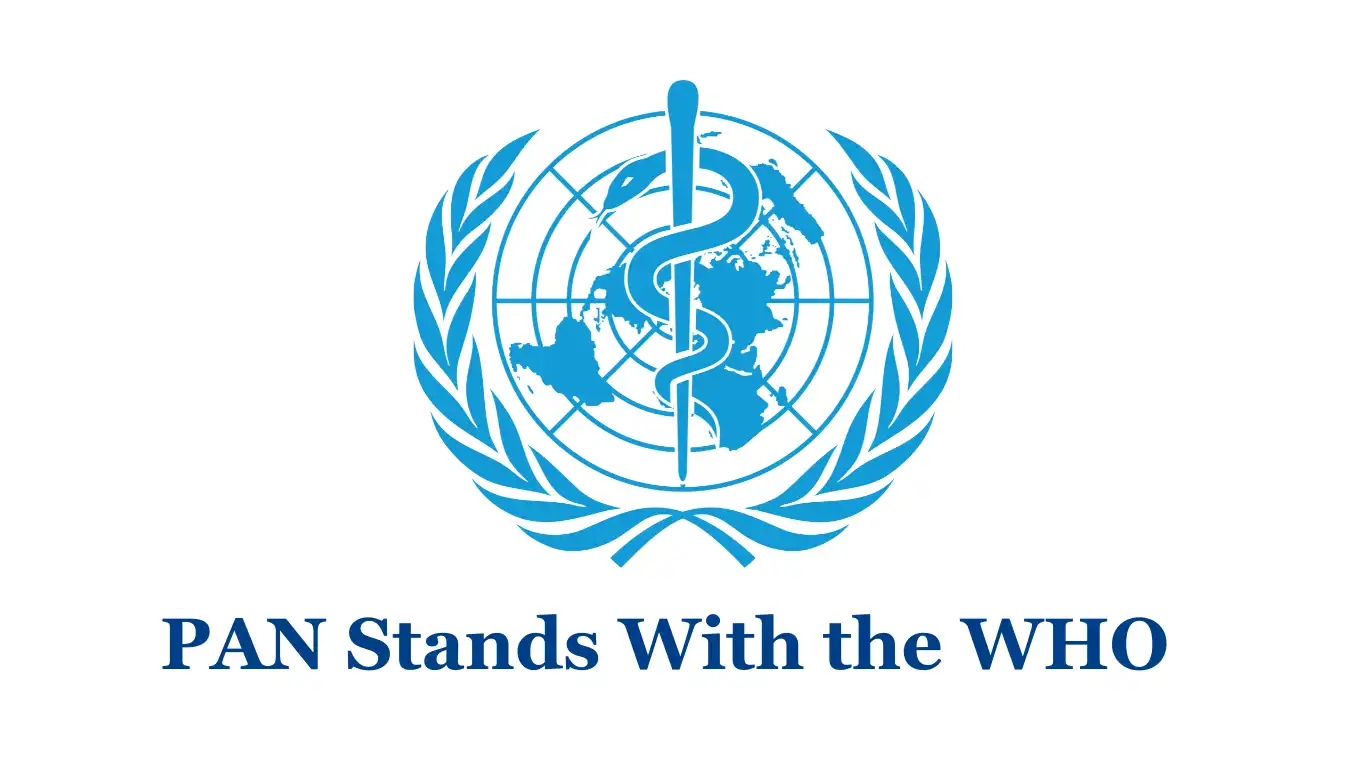Something has to change when it comes to global leaders’ response to pandemics. The concern used to be that panic-induced action at the outset of a pandemic turns quickly to neglect once the emergency is over. But COVID-19 brought a new additional concern: the cycle switched to “neglect” while still battling the crisis phase of the pandemic.
The G7’s own record on pandemics shows the same pattern of panic and neglect. In 2015 — also under the German Presidency — the Ebola epidemic in West Africa brought a long list of commitments that echoes what should have been done to prevent the current crisis: assisting countries in implementing the International Health Regulations, making financing for response and preparedness immediately available, improving WHO’s capabilities, and setting up surveillance networks. Yet, these commitments failed to translate into tangible and sustained action. The devastating experience of the COVID-19 pandemic leaves no doubt that world leaders must break out of this “same strategy but different day” cycle of rearranging recommendations and commitments. At the forthcoming G7 Leaders’ Summit in Schloss Elmau, G7 leaders can either continue with the same approach to pandemics or kickstart a new one that makes falling into neglect simply impossible. What does this mean in practical terms?
Put pandemic prevention, preparedness, and response in the diary. First and foremost, checking up on progress made on pandemic preparedness and response must be a regular fixture in global leaders’ calendars. Just as transnational threats like climate have led to the creation of the annual COP process to catalyze reduction of carbon emissions, pandemics need methodical political attention — and crucially, action — at the highest level. We need “ever-warm” response and accountability in the same way the COVID-19 pandemic proved the need for ever-warm manufacturing capabilities.
Make pandemic prevention and preparedness a top political priority. Beyond regular meetings, an adequate response to pandemics needs a political engine with processes that assess risks and review progress systematically. The Independent Panel’s May 2022 report calls for “an inclusive leader-level health threats council that can galvanize political commitment to end the COVID-19 threat” — and we agree. The G7 should put its collective heft behind a critically-needed, broader, and inclusive, Global Health Threats Council of leaders to both convene in a crisis and create the momentum to catalyze the implementation of pandemic prevention and preparedness plans, based on new learnings from the COVID-19 pandemic.
Act with urgency at this year’s UN General Assembly. In line with setting such a political engine, we also need to turn it on as soon as possible. We need the world to be in a dynamic state of readiness, not caught unprepared as it was in 2020. A UN Summit on pandemic preparedness and response in the coming months in New York at the leadership level should be at the top of António Guterres’ to-do list. Such a leadership summit would set a standard and help breathe life into plans to regularly convene on pandemic preparedness and response at the leadership level.
The very fact that many of the recommendations that came out of the Ebola outbreak are now being actioned or overtaken, shows just how little was done to properly implement the learnings from Ebola in 2015. While we are seeing progress on pandemic preparedness, that progress remains fragile amidst competing crises and inconsistent levels of ambition and commitment from all countries and their leaders. The establishment of the Pandemic Prevention, Preparedness, and Response Fund at the World Bank — bolstered by the financial commitments of the U.S., EU, Germany, Indonesia, and Wellcome — will be instrumental but needs more countries to chip in and demand their seat at the table so that everyone contributes, everyone benefits, and everyone decides. Getting broad buy-in to a Fund that pulls away from the typical donor-led cliché will help set this G7 on the path to success, not obscurity. G7 leaders should affirm their commitment to an inclusive approach to the Fund’s governance, and G7 countries that have not yet pledged should use the opportunity of the Summit to do so.
In brief, Germany’s Chancellor and their G7 counterparts need to make sure pandemics are not only high on the agenda on June 26-28, but more importantly, that there is a new political engine — that goes beyond the G7 — to enable the world to banish the cycle of neglect to history. Acknowledging the elusive and unpredictable nature of pandemics, this would set us on track to effectively deal with present uncertainties, future unknowns, and provide the political forum for cooperation that was so desperately needed when nationalism and parochial interests saw countries pull up their drawbridge right at the moment they should have been opening up to coordination and collaboration early in the COVID-19 pandemic. This is a shift worth making, and one that would stand the test of time at the next German G7 Presidency in 2029.



